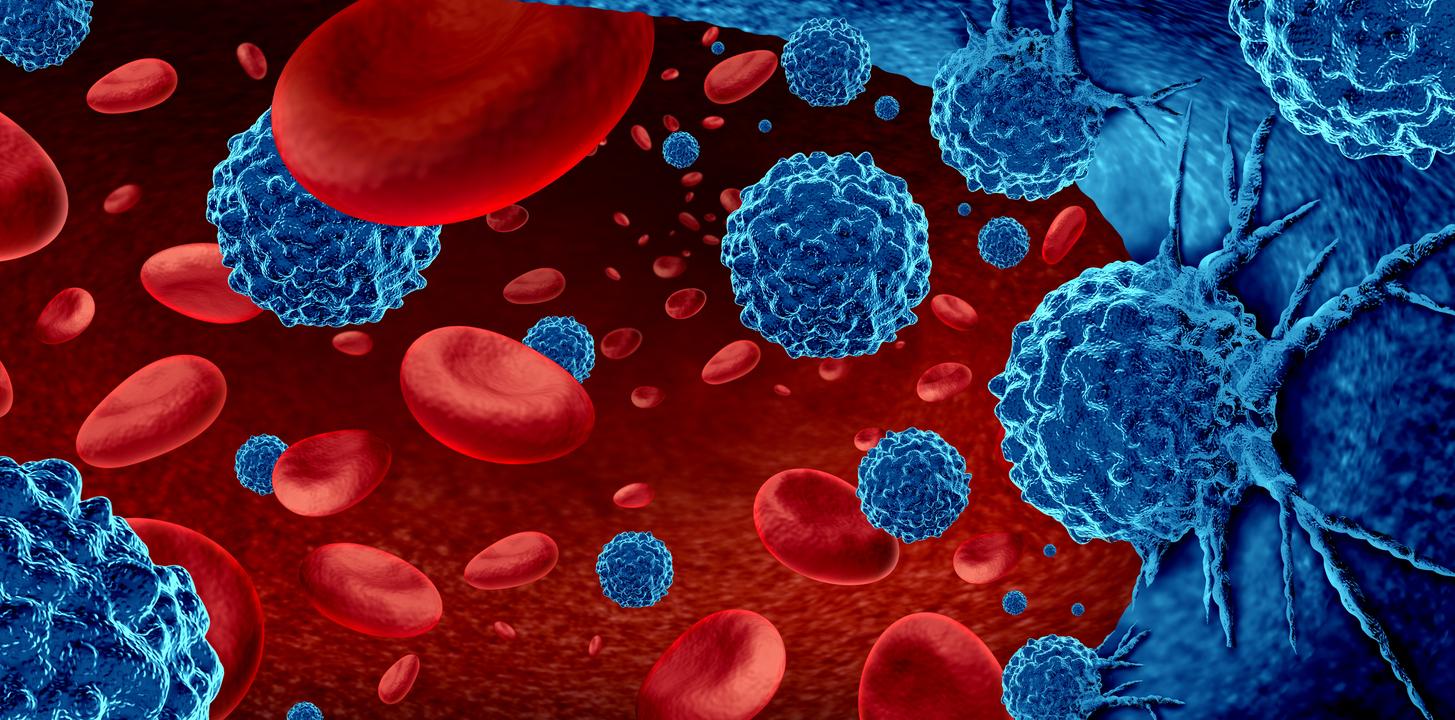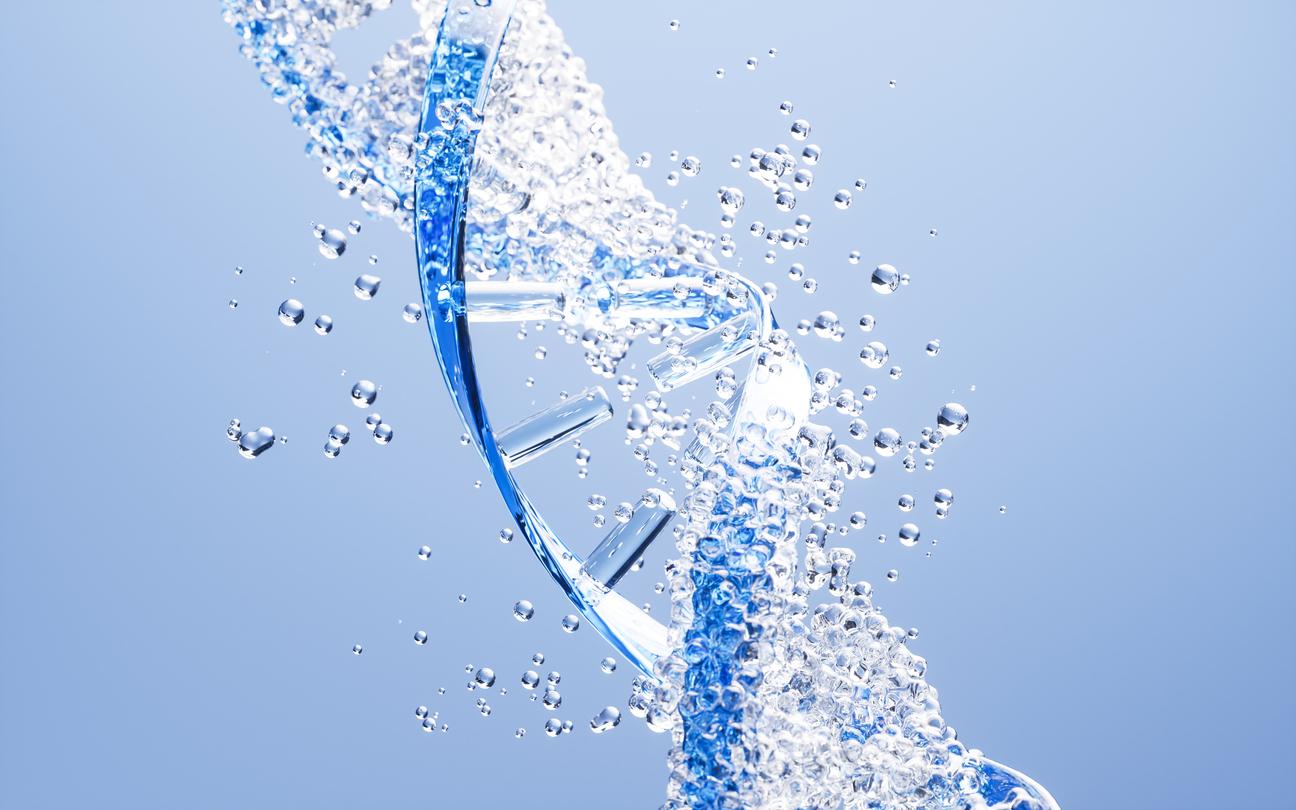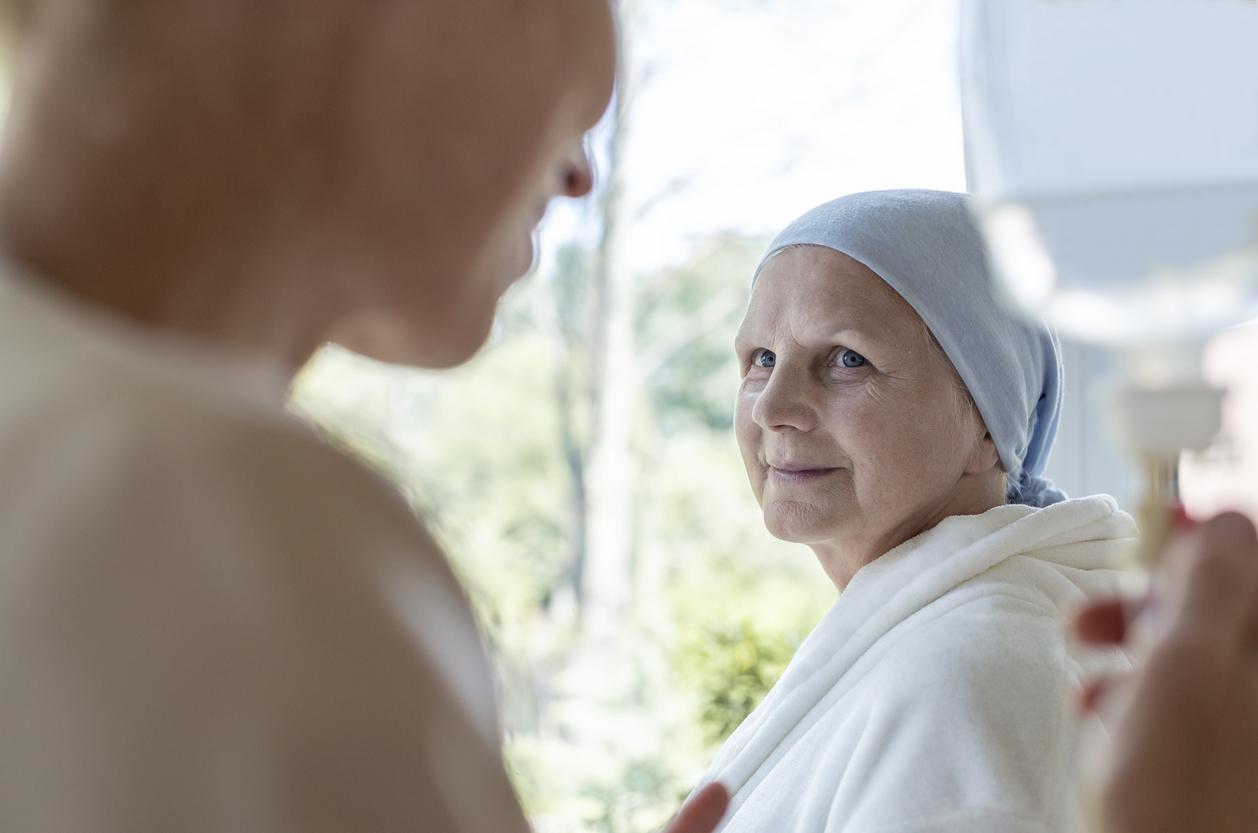With this discovery, it will now be easier to tackle leukemia for children for whom chemotherapy was not enough.
-1585816560.jpg)
Soon, scientists will be able to help children cope with resistant or recurrent acute lymphoblastic leukemia, the most common blood cancer in children. A new study conducted by Children’s Hospital Los Angeles (USA) successfully engineered T cells to identify and target multiple sites on acute lymphoblastic leukemia cells instead of just one. The results of this study have been published in the journal Leukemia.
The study raises hope for future clinical trials to test the therapy. Scientists modified CAR-T cells to target multiple sites. Acute lymphoblastic leukemia is a common childhood cancer, and although many patients respond well to chemotherapy, some show resistance or disease relapse, according to Dr. Hisham Abdel-Azim of Baylor College of Medicine. CAR-T therapy can help children for whom chemotherapy has not been enough.
A multi-target therapy
By conducting their research, the scientists were able to modify the T cells by isolating them and genetically modifying them, which makes them able to recognize CD-19, a protein (antigen) present on leukemia cells. After reintroducing the modified T cells into the patients, the scientists observed that these cells are able to attack the cancer cell which otherwise does not respond to chemotherapy.
Dr. Hisham Abdel-Azim explains that researchers had to deal with the problem of cancer cells slowing down the production of the protein CD-19. They eventually become invisible to the modified T cells in 50% of patients who received the therapy but then relapsed.
However, the researchers found that the T cells not only targeted the CD-19 protein, but also two other proteins found on leukemic cells, namely CD-20 and CD-22.
Tackle leukemia with a trident instead of a spear
According to Dr. Nabil Ahmed, one of the researchers of the study, “it’s like using a trident to attack cancer instead of a spear”. Based on the discovery made when using this three-pronged technique to attack cancer cells, the team developed new methods to monitor its effectiveness. The new CAR-T cells have been dubbed TriCAR T cells. They are able to target CD-19/20/22 and are significantly more efficient than T cells that target only CD-19.
“These new CAR-T cells bind to more cancer cells and these connections are much stronger. Not only do they bond better, they bond again and againenthuses Dr. Hisham Abdel-Azim. These connections show how effective the new CAR-T cells are at killing leukemic cells. Better binding of T cells means a stronger fight against cancer.”
Early results suggest the new therapy could prove revolutionary in the treatment of drug-resistant acute lymphoblastic leukemia, although a clinical trial is needed before the new CAR-T therapy can be used on patients.
“Just as attacking more than one antigen is more effective in fighting leukemia, so is combining investigative forces. Such scientific discoveries would not be possible without collaboration”concludes Dr. Abdel-Azim.
Advertising
Click here to find out more
.

















